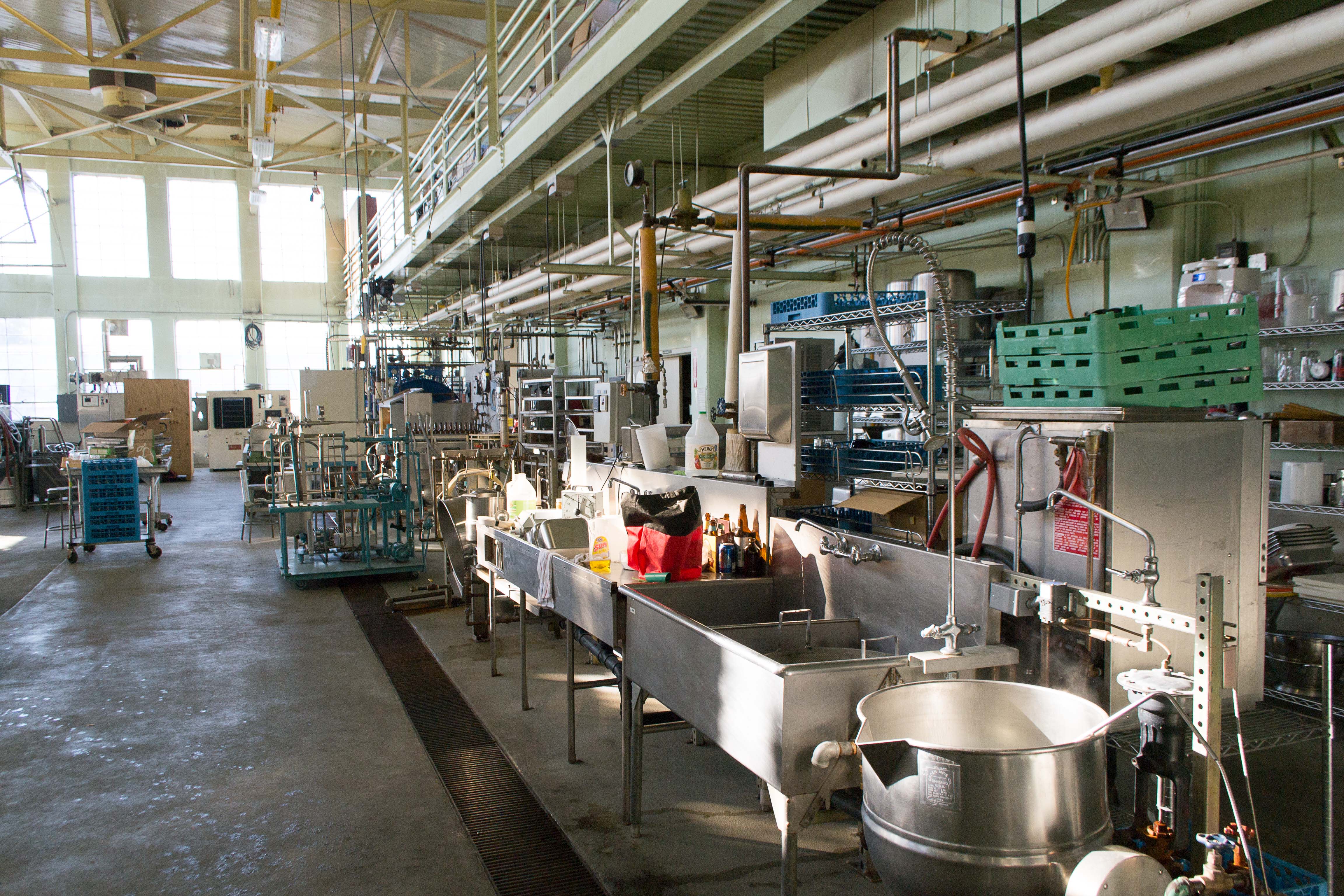
Photo from academic.microsoft.com
The antimicrobial activity of natural antimicrobials (fruit extracts, essential oils and derivates), was assessed against six bacteria species (E. coli O157:H7, L. monocytogenes, S. Typhimurium, B. subtilis, E. faecium and… Click to show full abstract
The antimicrobial activity of natural antimicrobials (fruit extracts, essential oils and derivates), was assessed against six bacteria species (E. coli O157:H7, L. monocytogenes, S. Typhimurium, B. subtilis, E. faecium and S. aureus), two molds (A. flavus and P. chrysogenum) and a yeast (C. albicans) using disk diffusion method. Then, the antimicrobial compounds having high inhibitory capacity were evaluated for the determination of their minimum inhibitory, bactericidal and fungicidal concentration (MIC, MBC and MFC respectively). Total phenols and flavonoids content, radical scavenging activity and ferric reducing antioxidant power of selected compounds were also evaluated. Based on in vitro assays, five antimicrobial compounds were selected for their lowest effective concentration. Results showed that, most of these antimicrobial compounds had a high concentration of total phenols and flavonoids and a good anti-oxidant and anti-radical activity. In situ study showed that natural antimicrobials mix, applied on the carrot surface, reduced significantly the count of the initial mesophilic total flora (TMF), molds and yeasts and allowed an extension of the shelf-life of carrots by two days as compared to the control. However, the chemical treatment (mix of peroxyacetic acid and hydrogen peroxide) showed antifungal activity and a slight reduction of TMF.
Journal Title: Foods
Year Published: 2019
Link to full text (if available)
Share on Social Media: Sign Up to like & get
recommendations!